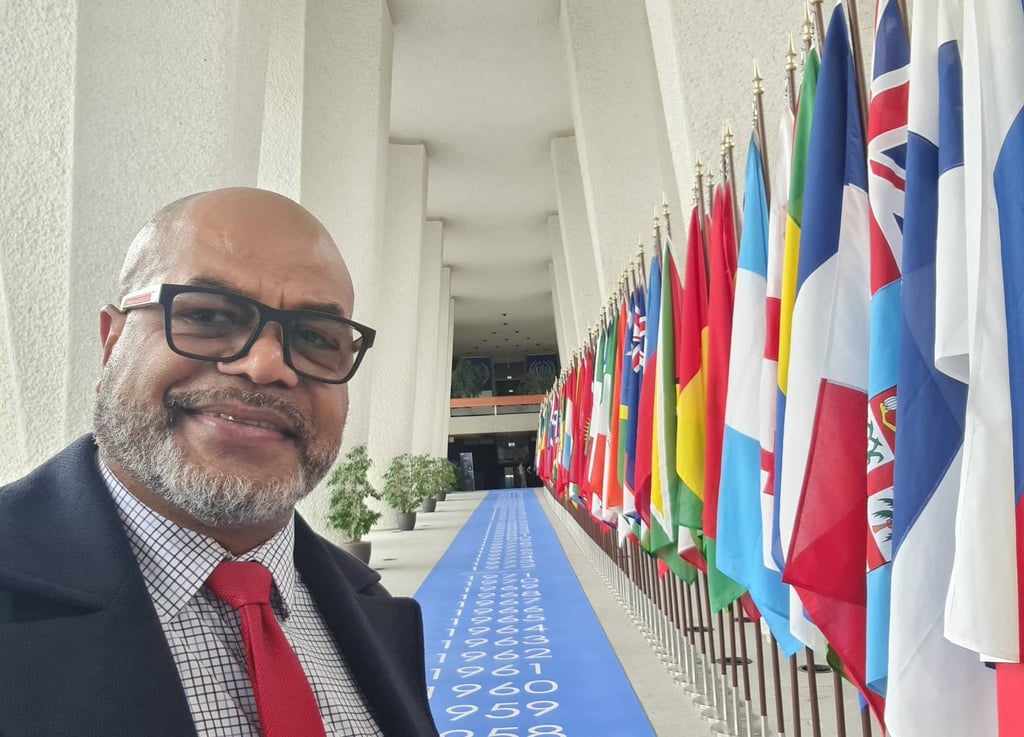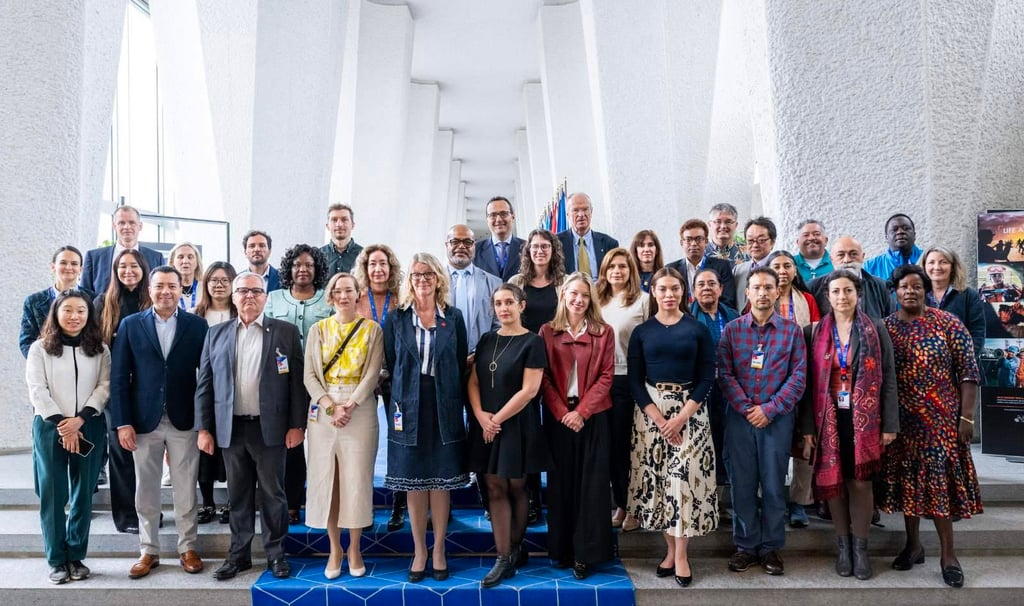Fiji’s Voice in Global Breakthrough for Recycling Workers
FIJI NEWS


In a milestone moment for global labour policy, Fiji has played a key role in the adoption of the first-ever International Labour Organisation (ILO) policy guidelines on decent work in recycling—a historic outcome reached after five intense days of negotiations in Geneva.
Maritino Nemani, Permanent Secretary for Fiji Ministry of Employment, Productivity and Workplace Relations, represented Fiji as a Government Expert on the ILO Committee of Experts (CoE) on Decent Work in Recycling.
The committee brought together representatives from 24 countries across all continents—including China, Japan, Argentina, Kenya, and Fiji—and required full consensus among workers, employers, and governments to move forward.
"I'm still processing what we just accomplished here in Geneva,” Nemani shared. “After 5 intense days of negotiations that stretched into the early hours of Saturday morning (precisely 1:48 AM!), our ILO Committee of Experts reached full consensus on the first-ever policy guidelines for decent work in recycling—hence the policy was adopted.”
Nemani acknowledged the complexity of such multilateral talks, especially with so many diverse interests at play.
“As Fiji's representative among 24 countries participating in these tripartite discussions, I was aware of how challenging it can be to balance the interests of employers, workers, and governments in such an international negotiation, such as this, because we must achieve full consensus,” he said.
“There were moments when consensus seemed impossible, but we persevered.”
Despite occasional tensions, Nemani said the process was guided by mutual respect and a shared commitment to fairness.
“Despite the diverse views that the social partners from 24 countries (Europe reps, South and Central America reps, Africa reps, Asia-Pacific reps, China, Japan and Fiji) brought to the negotiation platform, it was conducted in the true spirit of tripartism, respect and willingness to arrive at the best outcome and in the best interest of the workers, employers and governments.”
The new guidelines focus on ensuring employment opportunities, protection of fundamental rights, social protection, and inclusive dialogue for all stakeholders, especially in the often-overlooked informal recycling sector.


“What makes me particularly proud is knowing these guidelines will make a real difference for recycling workers worldwide, especially those in the informal sector who often lack basic protections,” Nemani said.
“We've created a framework that addresses employment opportunities, fundamental rights at work, social protection, and meaningful dialogue among all stakeholders. These are the informalities and vulnerable sectors in the world of work.”
He emphasised that sustainability cannot be achieved without safeguarding the rights and well-being of those who do the work.
“The recycling sector is crucial for our sustainable future, but that sustainability must include the well-being of the people doing this essential work.”
“I'm truly humbled to have represented the Government of Fiji in this global forum. This experience reinforced for me that when diverse stakeholders commit to finding common ground, we can create policies that work for everyone.”
“A sincere thanks and gratitude to my fellow committee members and the ILO Secretariat for their dedication to this important work.”
The policy outcome is now being hailed as a landmark step in aligning global environmental and labour standards—something that Nemani and the Fijian government believe is essential for a fair and sustainable future.